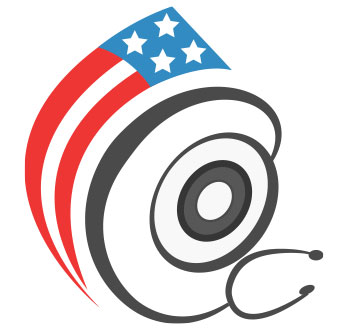Fluoxetine is an antidepressant drug used to treat depression, obsessive-compulsive disorder, bulimia, and panic disorder. Fluoxetine is sold under the brand name Prozac. Fluoxetine is believed to work by blocking the reabsorption of serotonin, a chemical messenger in the brain.
Should I take Fluoxetine?
More than 30 million North Americans suffer from some type of depression. Recent studies prove that depression is not mental. You can't just "cheer up" and start feeling better. Fluoxetine can help combat the effects of the following conditions:
- Obsessive-Compulsive Disorder (OCD) Although lots of people may appear to have some of the symptoms of OCD, OCD is only diagnosed if these events take over an hour and interfere with your daily life.
- Bulimia Bulimia nervosa is a disorder where a person will binge on food, and then purge the food. Purging can involve vomiting, taking large doses of laxatives or diuretics, exercising compulsively, or fasting.
- Panic Disorder Panic disorder causes repeated attacks of intense fear in everyday situations. You may experience shortness of breath, an accelerated heart rate, dizziness, chest pain, or stomach upset for no apparent reason. You may feel like you are going crazy, or even dying.
Fluoxetine Side Effects
People taking Fluoxetine may experience some of the following minor side effects:
- Insomnia
- Weight loss
- Weakness
- Skin rash
- Decrease in sexual drive
NOTE: An overdose of fluoxetine or combining it with other antidepressants can lead to serotonin syndrome.
Taking Fluoxetine
- Take each dose with water. Ensure each dose is measured properly. Do not measure your dose with a standard kitchen spoon.
- Fluoxetine can be taken with or without food.
- Take each dose at the same time each day.
- Do not stop taking fluoxetine without first talking to your doctor.
Note: If you miss a dose, simply take the dose as soon as you remember. If you don't remember until it is almost time to take your next dose, simply skip the dose. Do not double dose.





